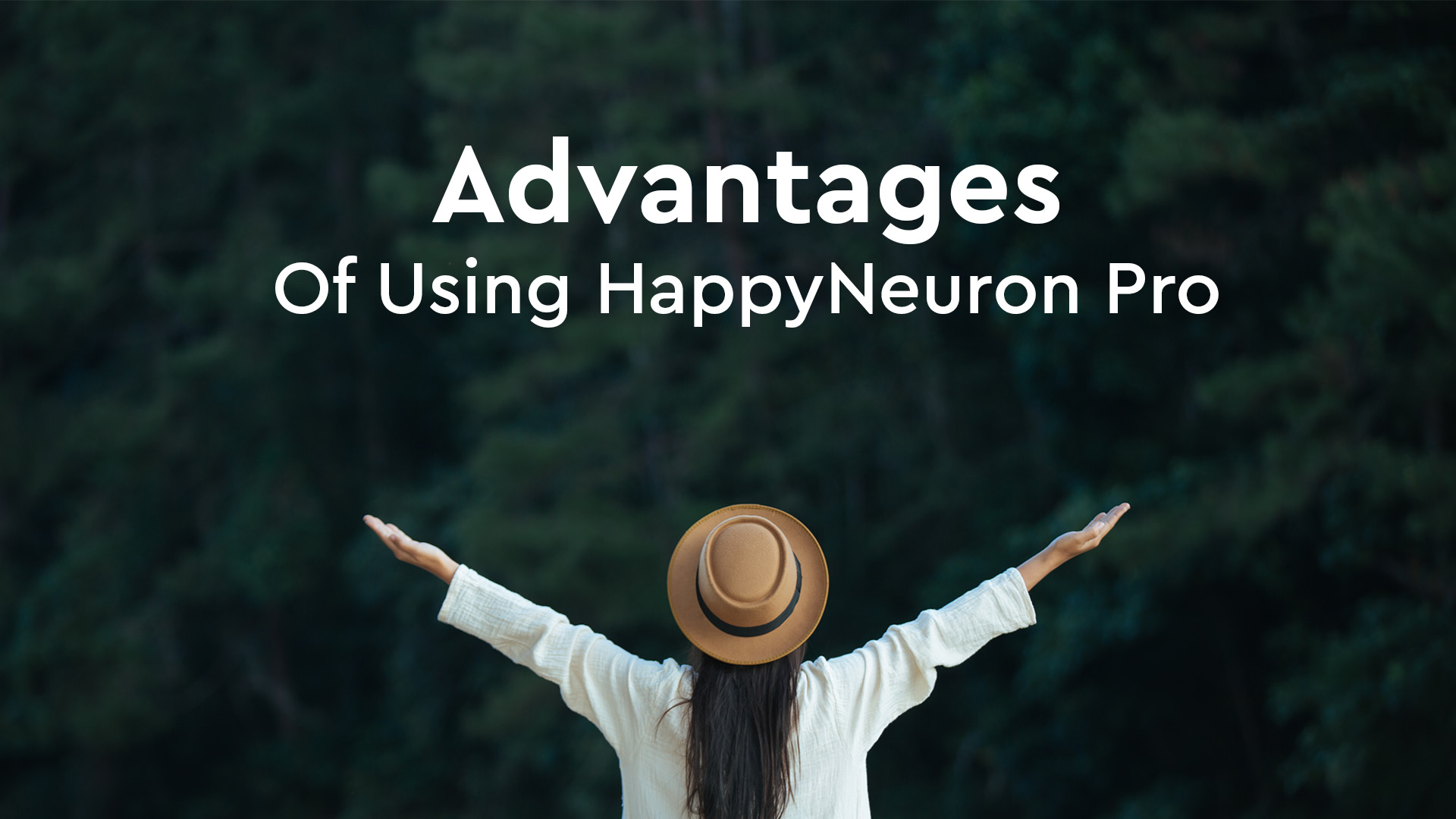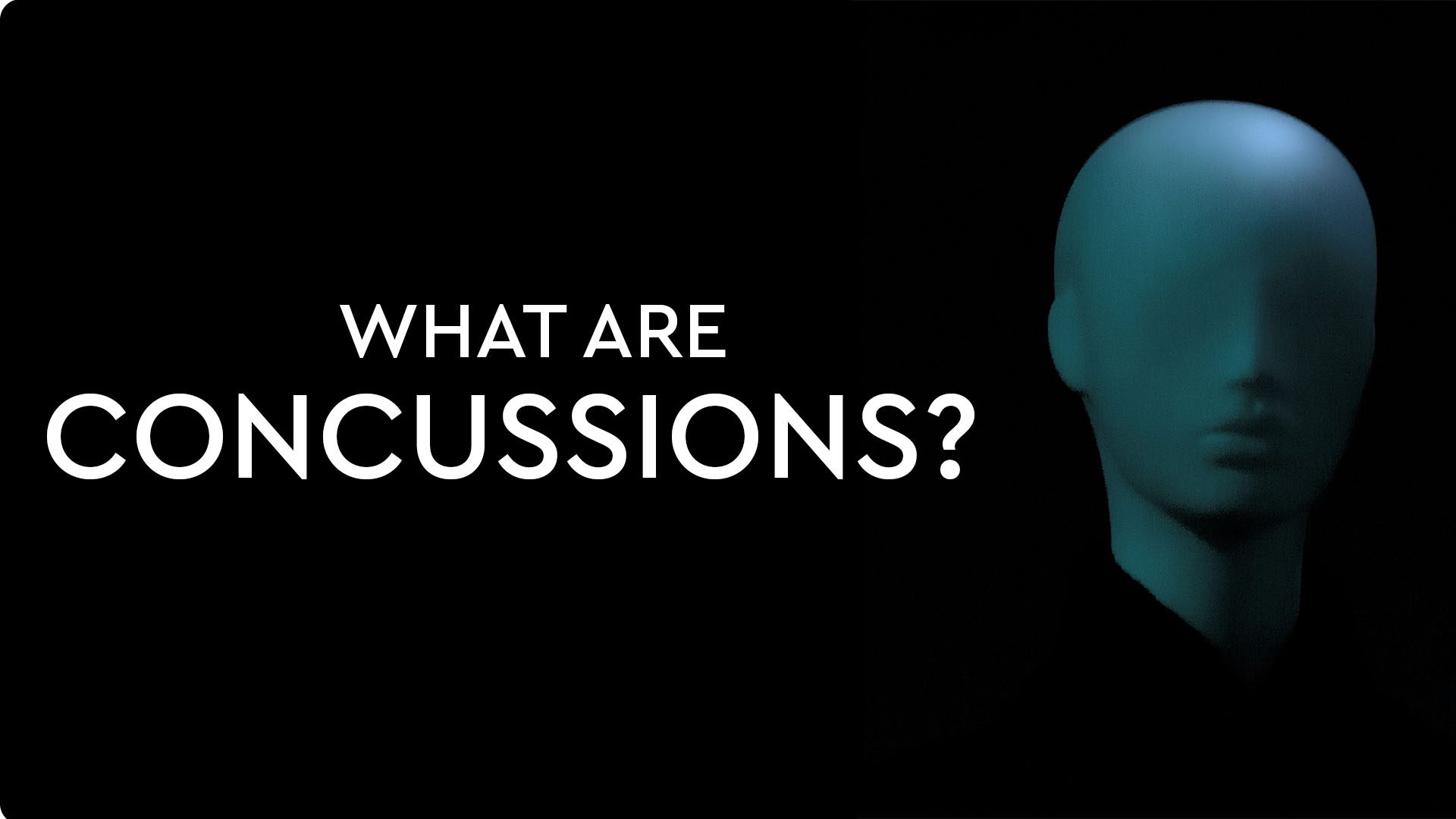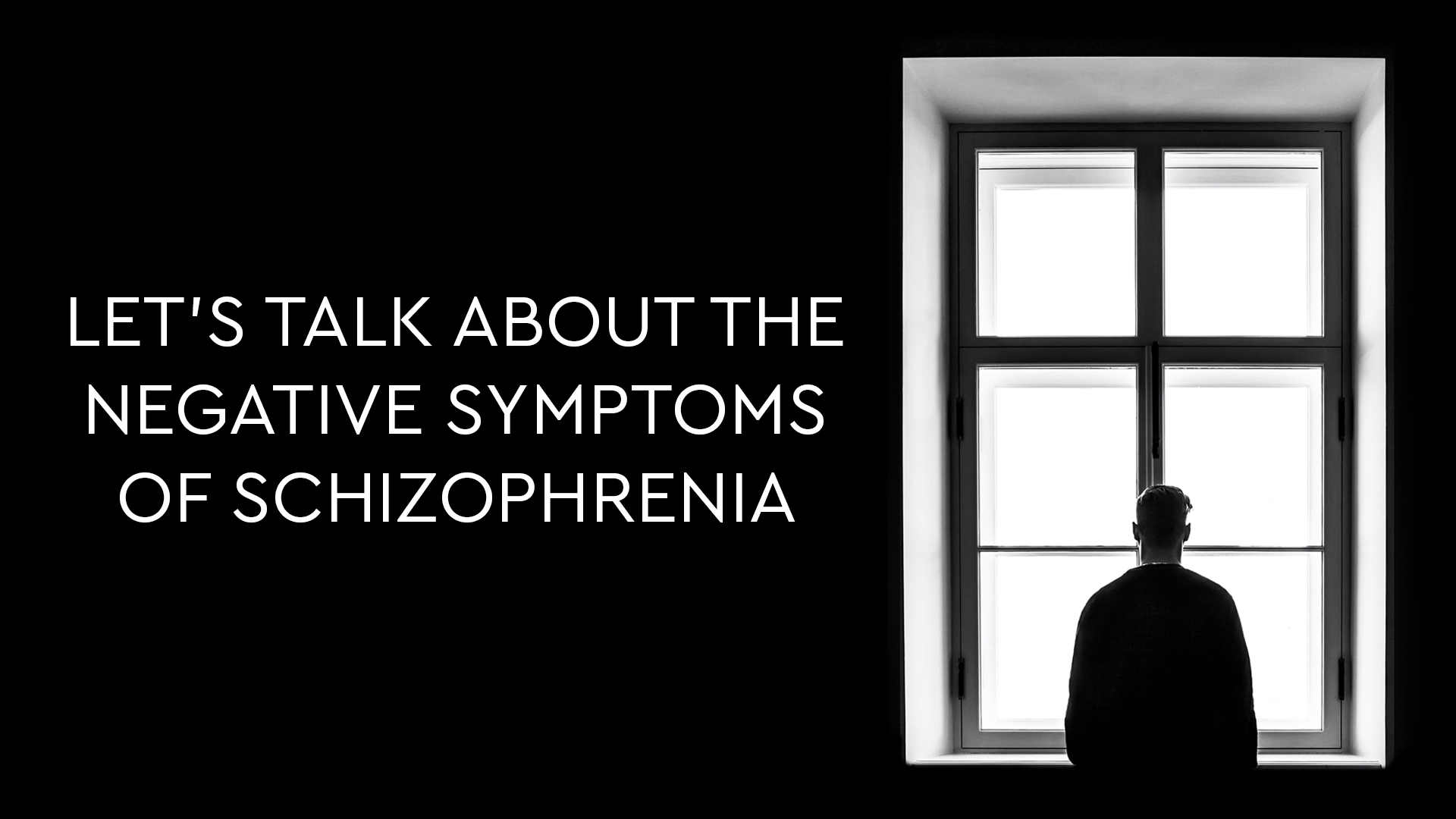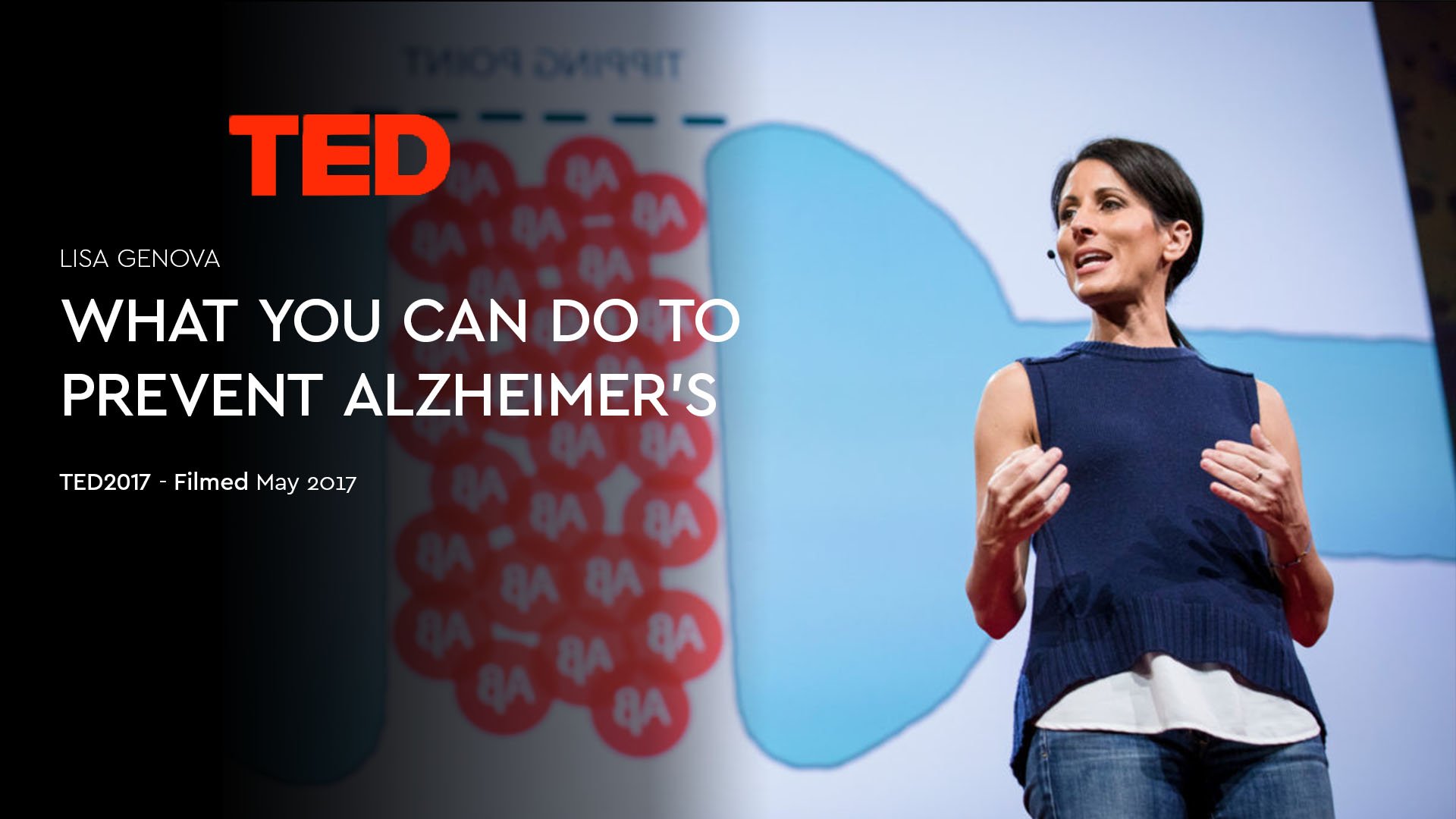17 Feb 8 tips to help clients with Seasonal Affective Disorder
Posted at 00:00h
in Cognitive Remediation, Depression, Exercise, friendship, Health, mindfulness, Psychology, Sleep
During the winter months, many people experience Seasonal Affective Disorder (SAD). This is a mood condition similar to Depression, but it specifically occurs during a certain time of year, typically the winter.











